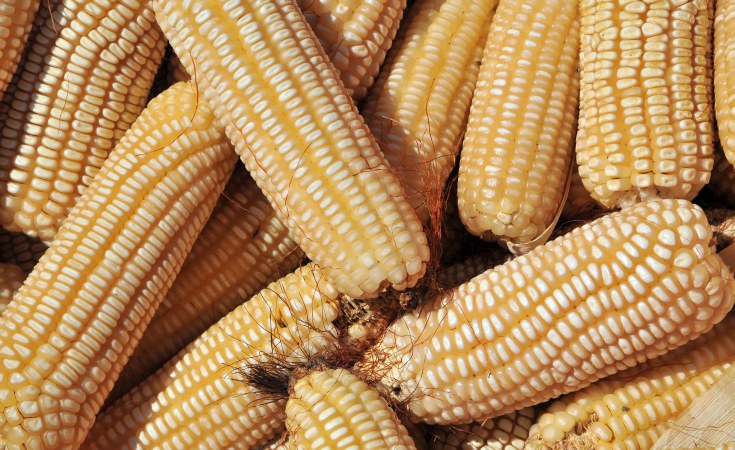Sales volume spurs growth for CFI Holdings
By Allan Mbotshwa
Agricultural-based industrial entity, CFI Holdings Limited registered revenues for the quarter ended 31 December 2023, at ZWL159.8 billion was 544% higher than ZWL24.8 billion in the prior year period.
During the period, sales volumes for the Retail division’s key revenue drivers increased by 16% to 21,453 tonnes from 18,446 tonnes sold in the comparative prior year period.
Improved fertilizer sales followed the price reduction to normal levels following the price spike in the prior year due to global supply chain disruptions emanating from the Russian-Ukrainian conflict.
Agrifoods’ sales volumes for the quarter at 9,832 tonnes were 18% above the 8,313 tonnes sold in the prior year.
The significant achievement in a difficult operating environment was due to improved product availability resulting from strategic agreements with suppliers of key raw materials.
Victoria Foods’ wheat flour sales volumes at 3,916 tonnes remained almost stagnant against the prior year’s level, registering a 3% growth from 3,802 tonnes. This was attributable to stable wheat supplies during the quarter.
However, significant growth was curtailed by intermittent power outages. Maize meal volumes, on the other hand, grew by 10% from 1,497 tonnes to 1,647 tonnes due to improved raw materials supplies.
Glenara Estates potato harvest doubled to 2,989 tonnes from 1,468 tonnes for the prior period on the back of improved seed supplies.
However, average selling prices achieved for the crop dropped by 8% from the prior quarter mainly due to a glut in supply of the crop on the market.
The estate’s cattle breeding and pen fattening activities continued during the period under Joint Operations with reasonable success.
The operating environment remained challenging characterized by the continued depreciation of the Zimbabwe Dollar (ZWL) against the United States Dollar (USD) and inflationary pressures.
This was aggravated by the delayed onset of the rainy season and prolonged dry spells, typical of the predicted El Nino phenomenon. This had the effect of dampening most farming-related economic activities.
Weather experts project that the 2023/2024 agricultural season will receive lower than normal rainfall induced by the El Nino phenomenon set to reduce agricultural output in the region.
Management is tasked with imploring strategic raw material procurement strategies to sustain operations, whilst also diversifying its retail lines away from dependence on agro-inputs.

 English
English
 French
French
 German
German
 Italian
Italian








